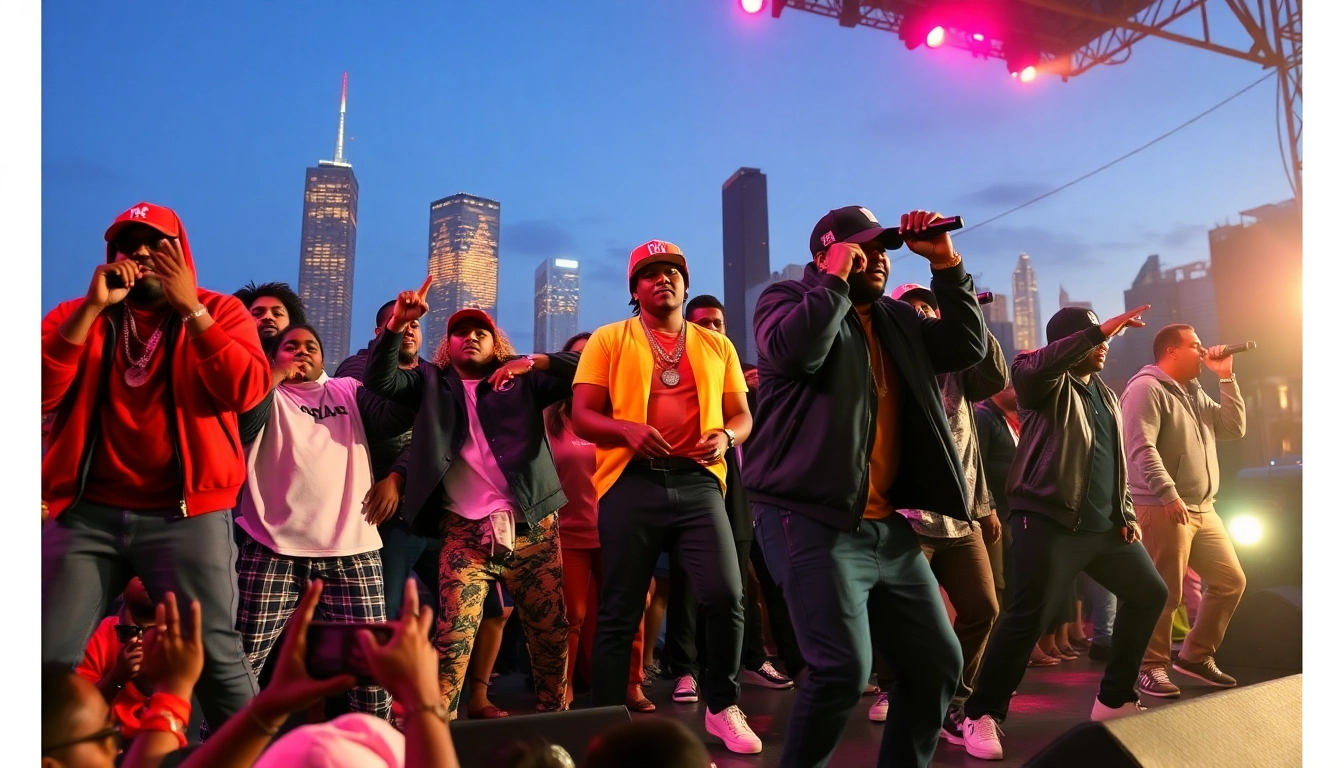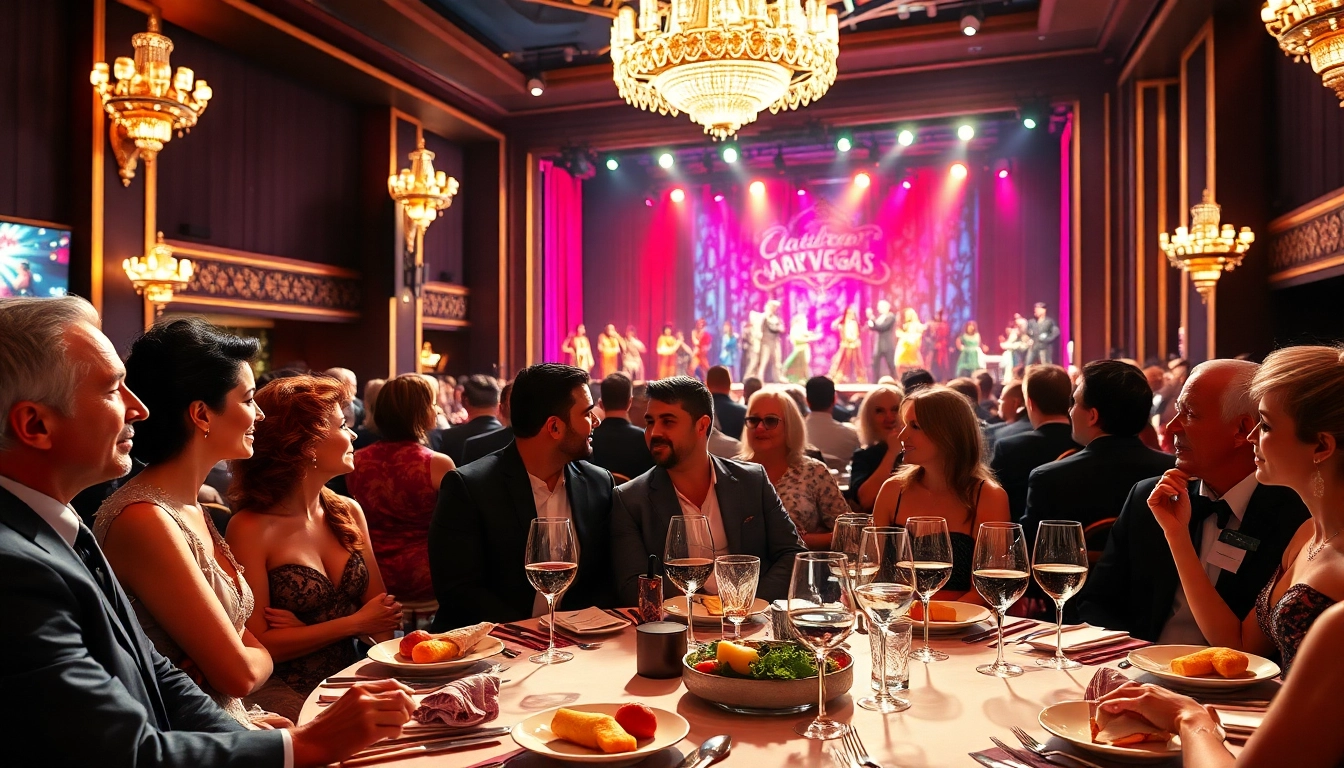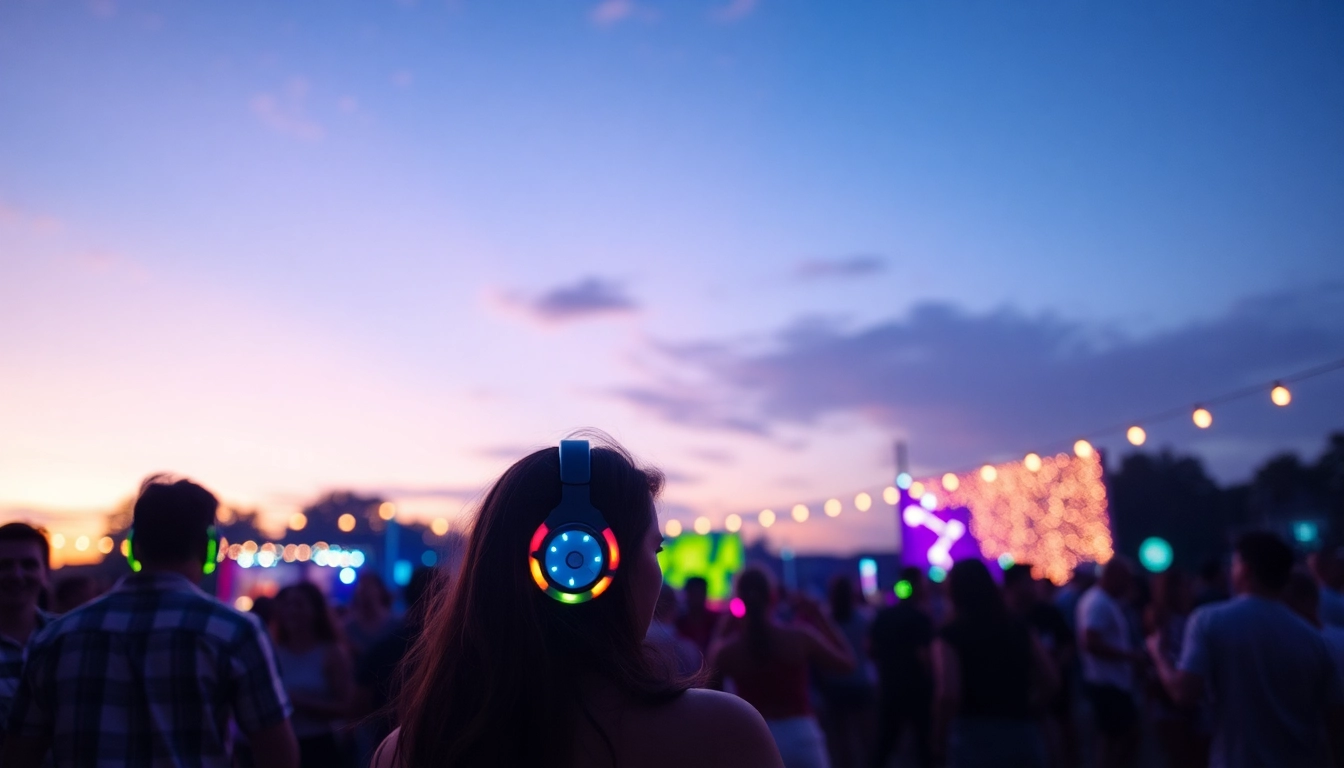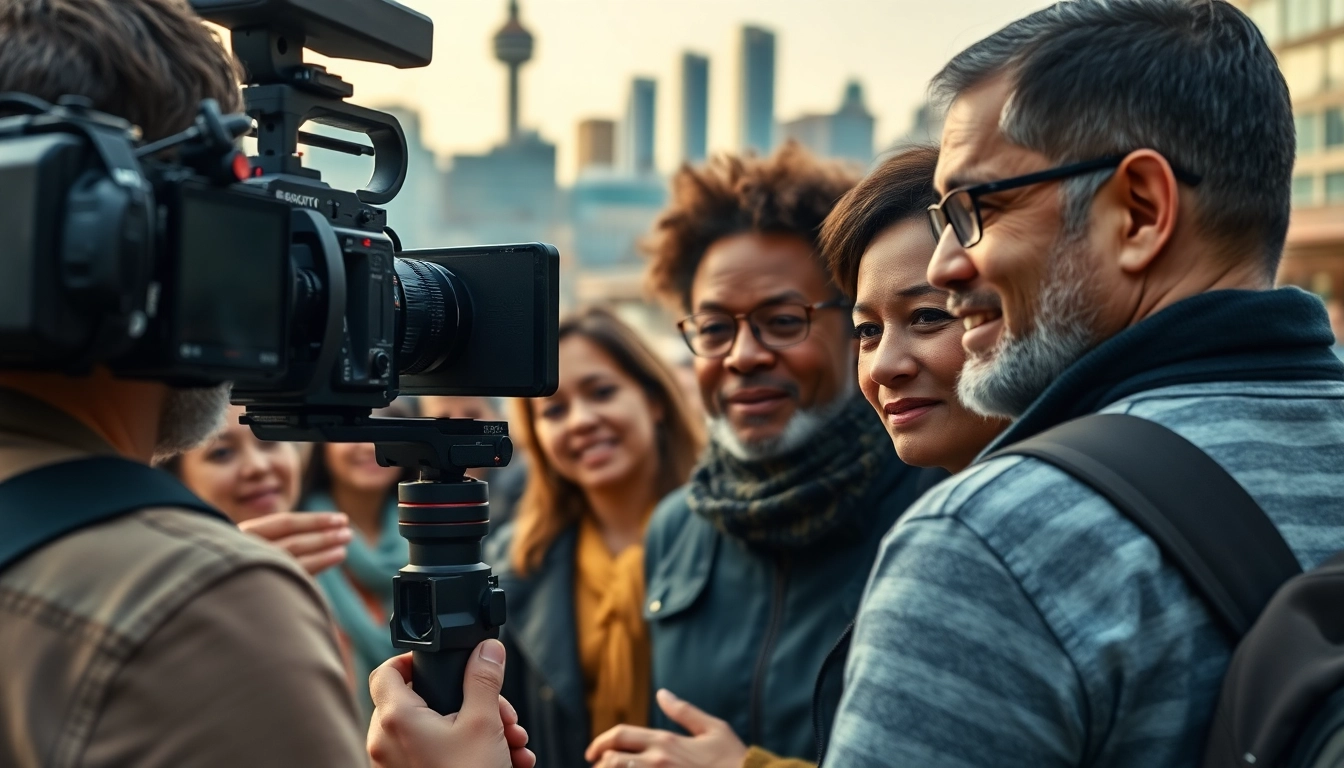The Evolution of Chicago Hip-Hop Artists
Chicago has long been recognized as a cultural epicenter, with its hip-hop scene carving out a distinct identity within the broader musical landscape. From the reverberating beats of the 90s to the modern trap sounds dominating today’s charts, Chicago hip-hop artists have played a pivotal role in shaping the genre. This article delves into the historical roots, iconic figures, and contemporary influences that have emerged from the Windy City, illustrating how each generation contributes to this vibrant musical movement.
The Birth of the Movement
The origins of Chicago hip-hop can be traced back to the late 1970s, during which the city began to develop its unique sound amidst the burgeoning hip-hop scene in New York City. Early pioneers like DJ Afrika Bambaataa inspired local artists, who experimented with mixing their own cultural narratives. By the mid-1980s, hip-hop gained momentum in Chicago, with neighborhoods like the South Side and West Side fostering a burgeoning community of talent. The genre’s initial focus was on storytelling, often reflecting the challenges and aspirations of life in the city.
Key Milestones in Hip-Hop History
The 1990s marked a significant turning point for Chicago hip-hop, as artists such as Common, Twista, and the legendary Kanye West emerged on the scene. Common’s debut album “Can I Borrow a Dollar?” (1992) showcased a lyrical depth that challenged the status quo, while Twista’s rapid-fire delivery on tracks like “Adrenaline Rush” brought a new cadence to the genre. Kanye West revolutionized hip-hop with his unique blend of soulful samples and introspective lyrics, paving the way for future artists. His 2004 album “The College Dropout” is often cited as a groundbreaking record, merging commercial appeal with thought-provoking content.
Modern Influences and Styles
As the genre evolved into the 2000s and beyond, Chicago began to experience a new wave of hip-hop artists who introduced diverse styles and narratives. The drill movement, characterized by its gritty lyrics and aggressive beats, gained prominence with figures like Chief Keef and Lil Durk leading the charge. This sub-genre highlighted the realities of urban life in Chicago, bringing global attention to the local scene. Today, artists such as Chance the Rapper and Polo G represent a more melodic approach while still being anchored in real-life experiences, focusing on themes of resilience, love, and societal challenges.
Iconic Chicago Hip-Hop Artists: A Closer Look
Legends of the Past: Common, Kanye West, and Twista
Common remains a foundational figure in Chicago hip-hop, blending a socially conscious approach with a passion for the craft. His collaborations with artists across genres have elevated him to iconic status. Kanye West’s journey from producer to worldwide superstar has transformed not only his identity but the entire music industry; his innovative use of samples and genre-blending influences persists in many artists’ work today. Twista, the fastest rapper in the world, has left an indelible mark with his unique lyrical style and has influenced countless artists who admire intricate wordplay and flow.
Current Influencers: Polo G, Lil Durk, and Chance the Rapper
In the contemporary landscape, Polo G stands out with his introspective lyrics that resonate with a younger audience. His tracks explore challenging topics such as mental health and familial relationships. Lil Durk, often regarded as a voice for the streets, mixes melodic elements with his hard-hitting content, capturing the essence of urban struggle. Chance the Rapper, with his blend of gospel and hip-hop, has significantly impacted not only the music scene but also social activism, advocating for change and using his platform for good.
Rising Stars: The Next Generation of Chicago Talent
The future of Chicago hip-hop appears bright with a plethora of emerging artists. Names like Saba, Noname, and G Herbo offer fresh perspectives and styles, expanding the narrative of what it means to be a Chicago rapper today. Saba’s narrative-driven approach has earned him critical acclaim, while Noname’s blend of poetry and rap addresses social issues courageously. G Herbo, meanwhile, continues to push the boundaries of trap music, bringing raw emotion and authenticity to his tracks.
The Role of Chicago’s Music Scene in Shaping Arts and Culture
Impact on Local and National Music Trends
Chicago’s hip-hop scene has played a crucial role in shaping both local and national music trends. The city’s artists have introduced unique sub-genres, helped define the sound of modern hip-hop, and influenced global music trends. Chicago’s emphasis on authentic storytelling has encouraged a wave of artists to be more vulnerable in their craft, addressing real issues through their music. This authenticity resonates with audiences and sets a precedent for future generations exploring personal and societal themes in their work.
Collaboration with Other Art Forms
The intersection of hip-hop and other art forms is prominently displayed in Chicago. The city is home to a vibrant community combining visual arts, dance, and theater with music. Events like the Chicago Hip-Hop Festival celebrate not only the music but also the culture surrounding it, fostering collaboration among artists from various disciplines. The rise of multimedia performances has opened new avenues for expression, allowing hip-hop artists to explore creativity beyond traditional music boundaries.
The Influence of Chicago’s Environment on Hip-Hop
Chicago’s urban landscape undeniably shapes its hip-hop narrative. The Windy City’s neighborhoods, steeped in both rich history and systemic challenges, serve as canvases for artists to express their realities. The stark contrast between affluence and poverty creates a fertile ground for storytelling, where artists draw inspiration from their immediate environments. The city’s unique culture, influenced by its diverse communities, fosters a breeding ground for creativity, enabling artists to craft narratives that resonate deeply with listeners.
Challenges Faced by Chicago Hip-Hop Artists
Industry Obstacles and Regional Limitations
Despite the thriving hip-hop scene, Chicago artists often face significant hurdles. The music industry is notoriously competitive, especially for artists trying to break through from the Midwest. Many struggle with limited access to major label resources, leading to a reliance on independent means for promotion and distribution. Additionally, geographical isolation can hinder opportunities for collaboration and exposure compared to artists in larger hubs like Los Angeles and New York City.
Addressing Gun Violence and Community Issues
Gun violence and social issues remain critical topics influencing Chicago’s hip-hop narrative. Many artists confront these realities in their music, using their platforms to raise awareness and effect change. Songs that discuss violence often seek to unpack the complexities behind these issues, encouraging listeners to reflect on societal norms. Some artists have taken active stances in their communities, creating initiatives to provide support and mentorship to at-risk youth, aiming to create a positive impact through their art.
Resilience and Empowerment through Music
Music serves as a vehicle for resilience among Chicago hip-hop artists. Many use their experiences to foster empowerment, turning struggles into inspiration for themselves and others. The act of storytelling through rap provides a cathartic release while creating a sense of community among listeners who may share similar backgrounds. This resilience is a testimony to the tenacity of Chicago’s artists, who continue to push forward in the face of adversity.
Supporting Chicago Hip-Hop Artists: How You Can Help
Engaging with Local Music Venues and Events
Supporting local hip-hop artists begins with engaging with Chicago’s music venues and events. Attending live performances, open mics, and showcases not only provides exposure for artists but helps build community around their work. Many smaller venues rely on local patrons to survive, and participating in their events helps create a sustainable ecosystem for the music that thrives there. Furthermore, social events in these spaces encourage collaborations and networking opportunities, enriching the artistic landscape.
Promoting Rising Artists on Social Media
In the digital age, social media serves as a powerful tool for artists to reach wider audiences. Fans and listeners can contribute to an artist’s growth by sharing their work, creating content featuring their music, and engaging with their posts. Local artists benefit immensely from grassroots promotion; even simple acts of sharing a song can create ripple effects within larger networks, generating more traction for their careers.
Understanding the Business of Music in Chicago
Understanding the intricacies of the music business is crucial for artists navigating the Chicago hip-hop scene. Fans and aspiring artists alike can benefit from learning about the dynamics of music production, distribution, and marketing. Workshops, seminars, and online resources can demystify the business aspect of music, empowering artists to take control of their careers. Supporting initiatives focused on education within the industry can help create a more equitable and knowledgeable environment for all involved.



